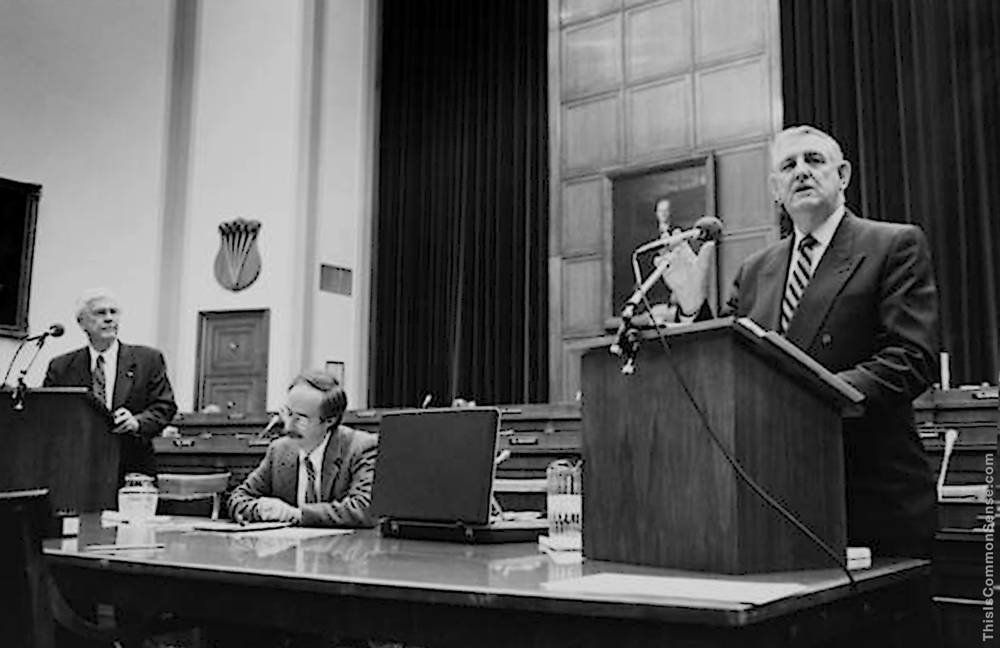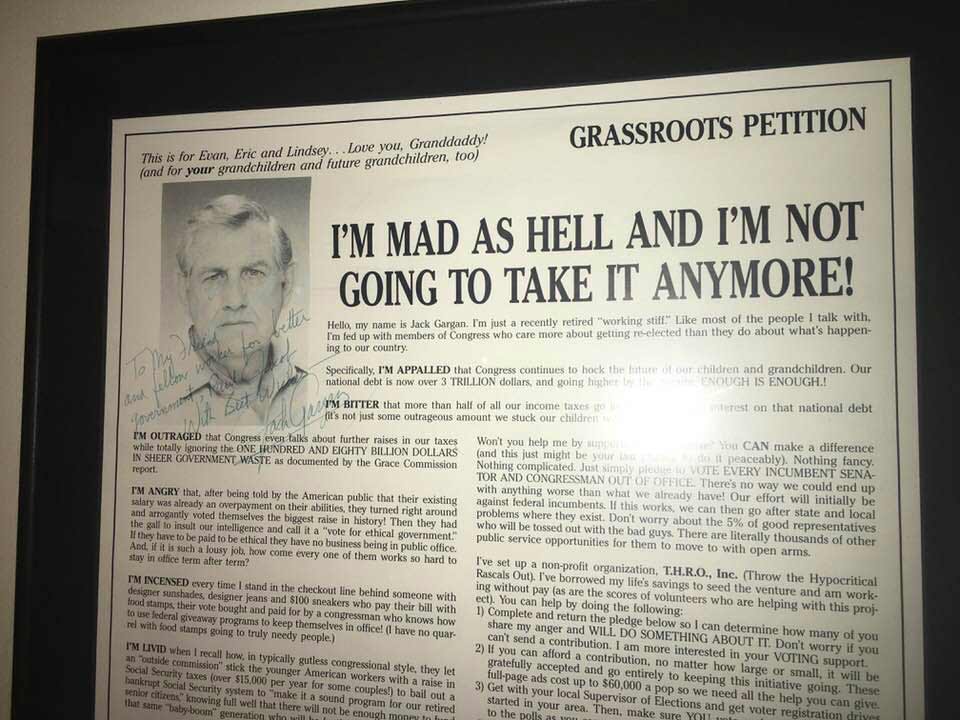There is an unmistakable connection between Washington State initiative guru Tim Eyman and New York City comedian Jerry Seinfeld.
Mr. Seinfeld gave viewers what they wanted for nine seasons as the star of the self-named 1990s hit television sitcom, Seinfeld. It was slyly defined as “a show about nothing.”
Meanwhile, Mr. Eyman has been giving voters what they want (psst: more choices) for even longer — initiating ten successful ballot measures in the last two decades. And, believe-it-or-not, Eyman’s latest ballot measure is also “about nothing.”
The Washington State Citizens’ Commission on Salaries for Elected Officials “is recommending raises over the next two years totaling 17.6 percent for legislators, 17.8 percent for judges, 6.6 percent for Gov. Jay Inslee, 13 percent for Lt. Gov. Cyrus Habib as well as increases for others,” the Statesman-Examiner (Colville, Washington) reports.
This is one of those faux citizens’ commissions. “It’s totally rigged,” Eyman tells supporters, adding that “one of [the commissioners] is actually the husband of a state supreme court justice!”
Eyman reminds his fellow citizens of the Evergreen State that, regardless of the size of any proposed pay hike, they possess “the absolute right” to a referendum vote on the matter.
“Politicians say they are just scraping by. I think they can make it,” mocks Eyman to reporters. “[Governor] Jay Inslee will have to scrape by with $354,000 over the next two years.”
Along with Spokane resident Jack Fagan and Spokane City Councilman Mike Fagan, Eyman prefiled a referendum to reverse these pay raises. It’s called the “Give Them Nothing!” Referendum.
Has a nice ring to it, no?
This is Common Sense. I’m Paul Jacob.
» See popular posts from Common Sense with Paul Jacob HERE.












